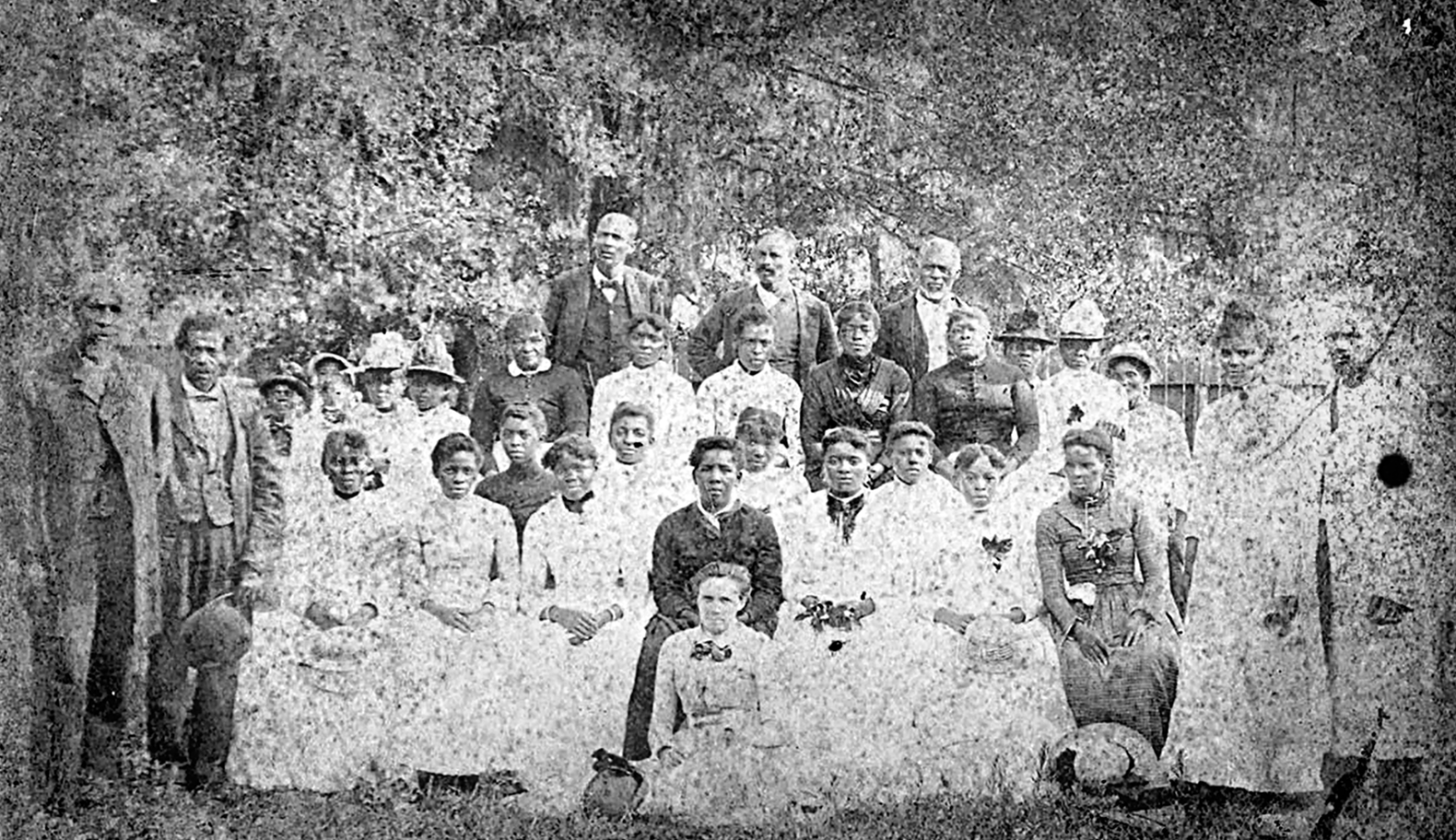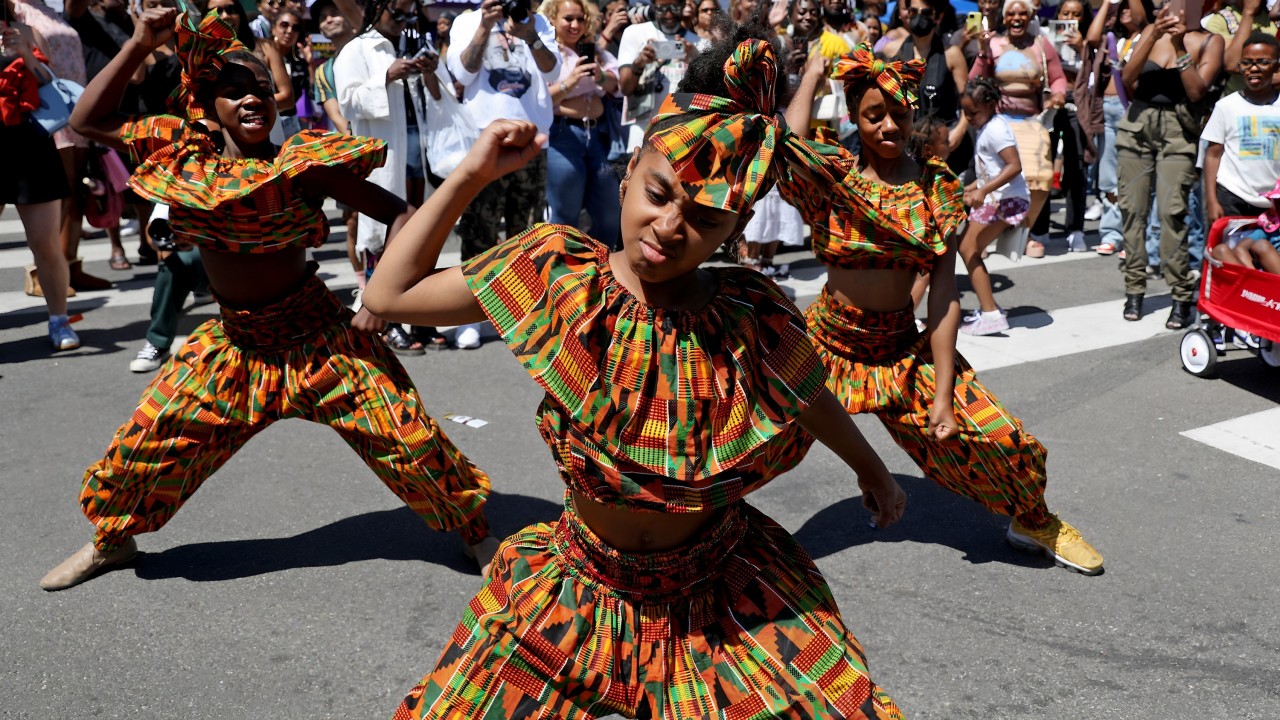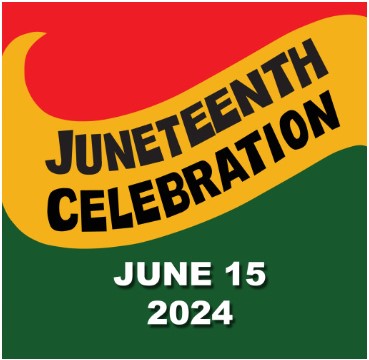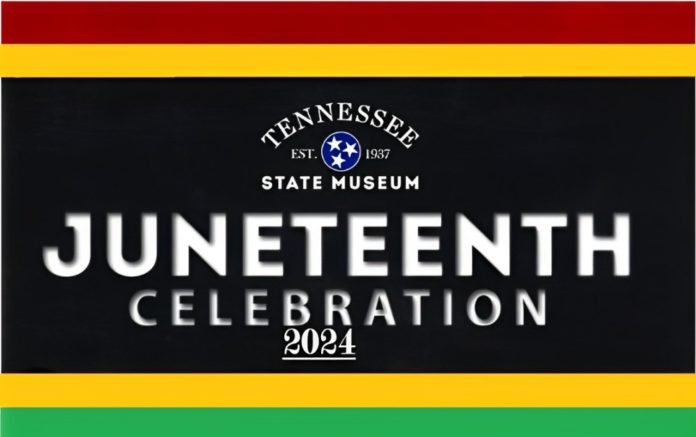Juneteenth has been increasingly famous in different parts of the United States as a strong symbol of freedom and resilience. June 19, 1865, the day Union General Gordon Granger first set foot in Texas to declare that all slaves were henceforth free. Remains one significant point in the history of America that this holiday is derived from establishing it as such.
Table of Contents
ToggleThe Historical Roots of Juneteenth | What is Juneteenth Means?
On January 1, 1863, Abraham Lincoln, the US President, released an official statement that made all the citizens free from slavery in Confederate states. However, it took more than 2 years for the word to reach the slaves in Texas after it was announced by General Granger in Galveston.
One reason for this was the limited number of Union troops in Texas which enabled so many masters maintain their workforce. The term “Juneteenth” is made from a combination of “June” and “nineteenth,” which express this turning point day in American history.
The Struggle for Freedom
Texas faced considerable delays but because white landowners resisted against abolition and Union authorities did not interfere. Slaves are remained in bondage and subjected to oppression. Also adding extra myths and stories into the timeline makes this history more complex.
Stories include messengers who were late due to malicious roads or murdered on their way to carry important information. Other tellings assume landowners were interested in making big profits from one last cotton season before freeing their bondsmen.
First Juneteenth Celebrations
After it was declared in 1865, Juneteenth swiftly turned into a day for rejoicing by blacks, on which they could also reflect. The initial festivities had prayers, spiritual music alongside readings from the Emancipation Proclamation.

On this day, community residents would put on fresh clothes suggesting that they were free and have fun in songs, dances and games. This day would mainly be used by families to look for their departed ones thus reinforcing their unity.
Juneteenth celebrations became larger during the late 1800s and attracted more people. But because of Black students were admitted into schools that had mostly white students, Juneteenth story and general fact about slaves suffered.
The civil rights movement was instrumental in the revitalization of Juneteenth. Critical turning point was reached with the 1968 Poor People’s Campaign in Washington D.C., led by (Rev. Ralph Abernathy). This revitalization found many inspired by the movement to rekindle juneenth jubilees. Which is today have made it a known phenomenon in America’s cultural calendar.
How did Juneteenth Celebrating today?
The Texas origins of Juneteenth have been left far behind it in modern times, and it has become a nationwide celebration of the history, culture, and resilience of African Americans.
Nowadays, a wide variety of events are held in different parts of the country, from parades and music festivals to educational forums and art exhibitions. All these celebrations are not only memories of historical events but also a demand for justice and equality.

ModernTraditions and Rituals
- Music and Dance: Juneteenth ceremonies would be incomplete without traditional African rhythms, spirituals, and gospel music. Moreover, through dance, be it Juba dance or any modern form of dancing, the joy and resilience of Black people are expressed.
- Cultural Performances: Poetry readings, storytelling, and theatrical performance underline how African Americans are proud of their heritage. This ensures that slavery and emancipation are not forgotten.
- Educational Activities: Workshops, panel discussions, and exhibitions offer opportunities for learning and conversation on subjects. Suuch as civil rights, social justice, and the continued struggle against racism.
- Food and Community Feasts: In Juneteenth festivities, food emerges as a crucial element where people get to share various dishes such as barbecue, red velvet cake or soul foods. This way, it helps in enhancing affinity and togetherness among family members and friends.
- Family Reunions: Family reunions are common in many Juneteenth celebrations. This are believed to symbolize the healing of family bonds torn apart by slavery-related atrocities. It is within these gatherings that the unflinching nature and ability to overcome by African Americans is seen.

Juneteenth Celebration: A Growing Movement
A lots has been done in attaining a national level of recognition for Juneteenth leading it to its recognition as a federal holiday in 2021. The significance of this occasion is the need to recall and celebrate milestones achieved by people in the past. As we embark on current endeavors geared towards justice and social parity.
There are many businesses, schools, and government bodies throughout the nation are progressively recognizing Juneteenth as a relevant topic in broader conversations about the history of America as well as its civil liberties and rights.
Juneteenth is not just a historical date, but also an celebration of freedom, resilience and cultural identity. When communities across the nation gather to remember this day. They strengthen the links between history and vision. By music, by stories or by sharing in communal meals. Also Juneteenth continues to be a strong symbol of the ongoing struggle for freedom and justice by all people.
Celebrate Juneteenth with us, as we strive to be a better society where everyone is enlightened, motivated and raised up. Thank you.

